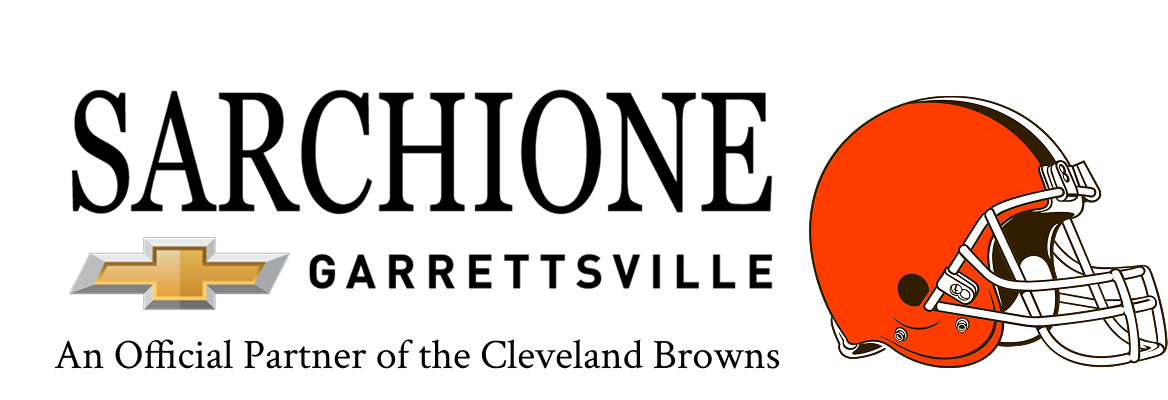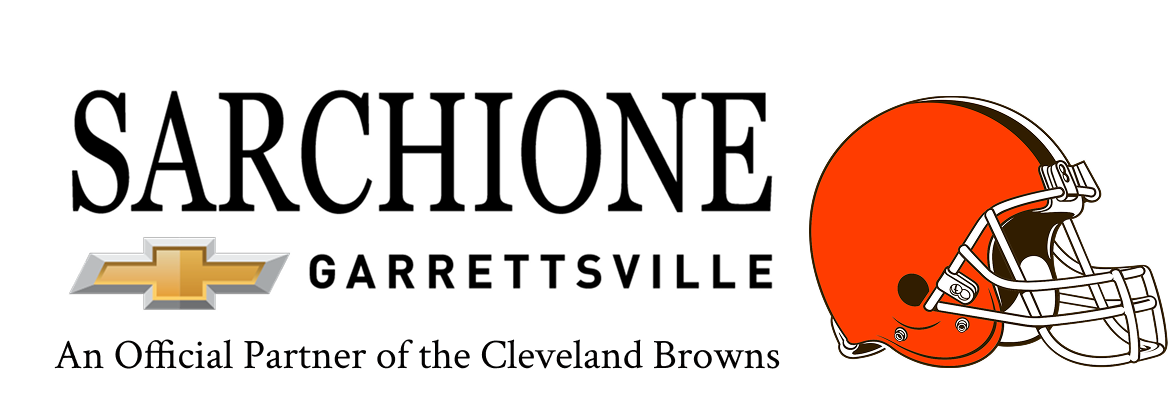Driving with a shaky Chevy steering wheel is not only uncomfortable, but it can also be a safety concern. If you've noticed unusual vibrations or shaking in your steering wheel, it’s important to address the issue promptly. The causes of a shaky steering wheel can vary. However, understanding the potential sources of the problem will help you decide the best course of action.
Common Causes of a Shaky Chevy Steering Wheel
When you experience a shaky steering wheel, it often points to a mechanical issue with the vehicle’s suspension, alignment, or tires. Most of the time, vibrations come from problems that affect the way your vehicle drives at higher speeds. These issues should be addressed by a professional, as continued driving with a shaky steering wheel can worsen the problem.
One of the primary reasons for a shaky steering wheel is unbalanced or misaligned wheels. This issue causes uneven wear on your tires and can lead to steering wheel vibrations, especially at highway speeds. If the alignment of your tires is off, the wheels won't make proper contact with the road, causing instability that results in shaking in the steering wheel.
Tire Issues
Tire problems are often the root cause of a shaky Chevy steering wheel. Uneven tire wear, bald spots, or damaged tires can cause your vehicle to shake as the tires lose traction with the road. When tires become unbalanced or are damaged, they can create irregular movement in the steering column, which may result in vibrations that you feel in the wheel.
To determine if the tires are the issue, look for any visible damage or signs of wear. Check for inconsistencies in tread depth or bulges on the sidewalls, both of which can cause shaking. If your tires are in poor condition or misaligned, they will need to be replaced or rebalanced to restore smooth driving.
Suspension System Problems
Your Chevy vehicle’s suspension system plays a critical role in absorbing shock and guaranteeing a smooth ride. If there is a malfunction in any part of the suspension, it can lead to vibrations felt through the steering wheel. Worn-out shock absorbers, struts, or suspension components like ball joints can cause excessive movement in the wheels, which will transfer to the steering column.
Signs of suspension problems often include excessive bouncing or clunking noises when driving over bumps, in addition to a shaky steering wheel. If you suspect that your suspension is faulty, it’s important to have a certified technician inspect and replace any worn Chevy parts.
Brake Issues
Another potential cause of a shaky Chevy steering wheel is problems with the braking system. Warped brake rotors, especially in the front brakes, can create uneven friction when the brakes are applied, causing vibrations that travel through the steering wheel. This problem is particularly noticeable when driving at higher speeds and applying light braking pressure.
If you feel the steering wheel shaking when you brake, it’s likely that your brake rotors are warped or damaged. Have a mechanic inspect the brake system and, if necessary, replace the rotors to fix the issue.
Worn-Out Steering Components
Over time, the steering components in your Chevy may wear out and lead to a shaky steering wheel. Parts such as the steering rack, tie rods, or steering column can become loose or damaged, causing vibrations and instability in the steering wheel. When these parts wear down, they often cause difficulty in steering and can result in unusual shaking.
Worn-out steering components should be replaced as soon as possible to restore proper handling and prevent further damage to the vehicle’s steering system.
A shaky Chevy steering wheel is not a problem that should be ignored. Whether it’s due to unbalanced tires, suspension issues, brake problems, or worn-out steering components, fixing the underlying cause is important for both your comfort and safety on the road.
If you're experiencing any shaking or vibrations, consult with a professional mechanic who can diagnose and address the issue appropriately. Avoiding timely repairs can lead to more severe problems and higher repair costs in the future.


